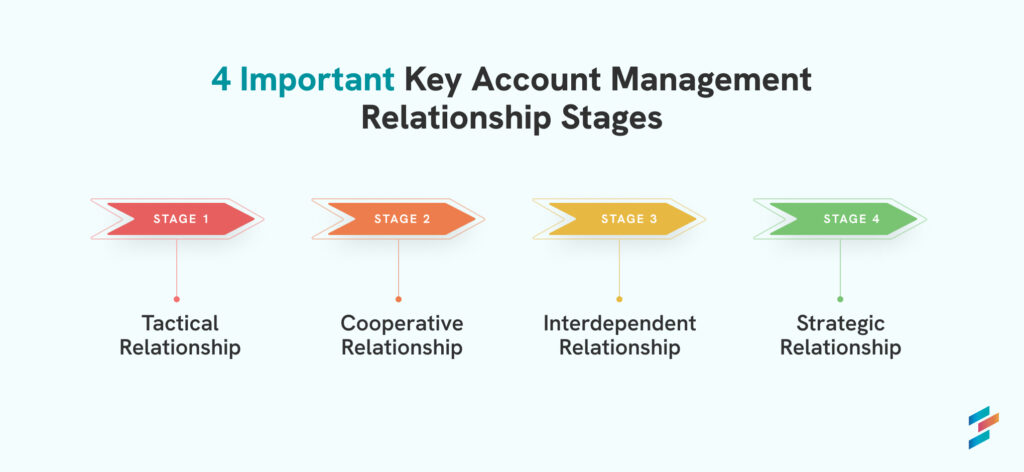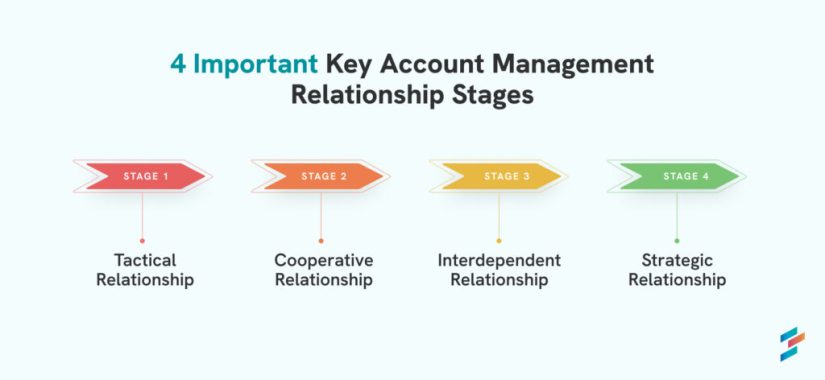
Running a Business: Why the Minor Details Are More Significant Than You Realize
Operating a business is an ongoing tightrope walk. Whether you’re guiding a small startup or managing multiple divisions within an expanding organization, your schedule is probably packed with choices, meetings, and pressing demands. In the midst of broader strategic objectives—enhancing revenue, introducing new offerings, cultivating your workforce—it’s easy to think that as long as the main elements are in place, the finer details will take care of themselves.
However, here’s a crucial reality of business management: small issues rarely remain insignificant.
A forgotten renewal, an ignored provision in a contract, or an ambiguous internal guideline can escalate into expensive, time-consuming troubles. In some instances, the repercussions can impact your finances, your operations, or even your standing with clients and regulatory bodies.
In this article, we will explore some of the most frequently neglected details in everyday business administration—and how proactively addressing them can save you time, money, and stress later on.
When an Oversight in License Renewal Halts Your Operations
One of the fundamental obligations of running a business is keeping all licenses and permits up to date. These requirements can differ based on industry, state, or locality, but one fact remains constant: without these documents, you can’t operate legally.
It’s easy to overlook renewal deadlines, particularly during hectic periods or when the staff member responsible is on vacation or exits the organization. Unfortunately, conducting business without a valid license can result in:
– Fines and sanctions
– Compulsory closures
– Issues with contract validity
– Interruptions in business functions
Prevention Tip: Assign a team member or utilize technology to oversee compliance timelines. Software that triggers automated notifications as licenses and permits approach expiration can offer valuable peace of mind with minimal effort.
When Contracts Aren’t Thoroughly Examined
Contracts represent some of the most crucial documents within any business interaction. They outline expectations, deliverables, payment arrangements, liabilities, and safeguards. Yet many companies default to skimming them or hastily signing without fully comprehending the terms.
This shortcut can lead to unpleasant surprises: unanticipated auto-renewals, hefty early termination penalties, or vague obligations that can ignite disputes. A lack of careful examination also heightens the legal risks when disagreements arise.
Prevention Tip: Always scrutinize contracts carefully, irrespective of how standard or familiar they appear. For agreements that involve significant time, money, or legal risk, ensure an experienced attorney reviews the contract before you sign.
When Business Travel Triggers Unforeseen Liability
Picture this common situation: one of your staff members attends a conference, rents a vehicle, and encounters an accident en route to a meeting. The injuries are minor, but the company finds itself embroiled in insurance claims and potential lawsuits.
What many organizations fail to recognize is that if an employee is driving for work—even in a rental or personal vehicle—the employer may be held accountable.
Prevention Tip: Develop a clear policy for travel and driving. Ensure your business insurance covers employees while traveling and includes liability protection. When uncertain, consult an insurance advisor or legal expert to gauge your risk exposure.
When Technical Shortcuts Result in Security Breaches
Cybersecurity is not solely a significant concern for large businesses. In fact, smaller enterprises are often prime targets due to their typically inadequate security measures.
Basic blunders—such as employing weak passwords, reusing login details, or clicking on phishing links—can unlock the door to data breaches, ransomware incidents, or system lockouts. Not only can these events be costly (with recovery sometimes reaching tens of thousands of dollars), but they can also tarnish your reputation with clients and partners.
Prevention Tip: Make cybersecurity a priority. Implement best practices such as mandatory strong passwords, enforcing two-factor authentication, and training personnel on recognizing phishing attempts. Better yet, schedule regular security evaluations and keep your systems current.
When a Lack of Internal Policies Causes Expensive Misunderstandings
In the absence of clear internal policies, employees are left to decipher expectations and procedures independently—especially during unexpected or unusual circumstances. This uncertainty can result in inconsistent decisions, mistakes, and sometimes legal liability (e.g., if an employee oversteps their authority or mishandles sensitive data).
Prevention Tip: Draft and disseminate written policies addressing crucial topics like travel, purchasing authority, use of company assets, and crisis management. Ensure they are clearly articulated and located in an easily accessible spot for all employees.
Why These “Small” Matters Are Actually Quite Significant
Each of these examples begins with something trivial—a deadline that fell through the cracks, a signature given without reading, a shortcut taken in the name of convenience. However, each one holds the potential to disrupt your functions, deplete your resources, or damage your reputation.
The reality is that effectively managing a business involves keeping one eye on the overarching vision—and the other on the minute details.
You don’t need to revamp everything at once. Instead, target one area of weakness and reinforce it. Then progress to the next.
